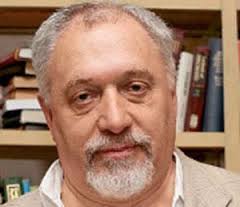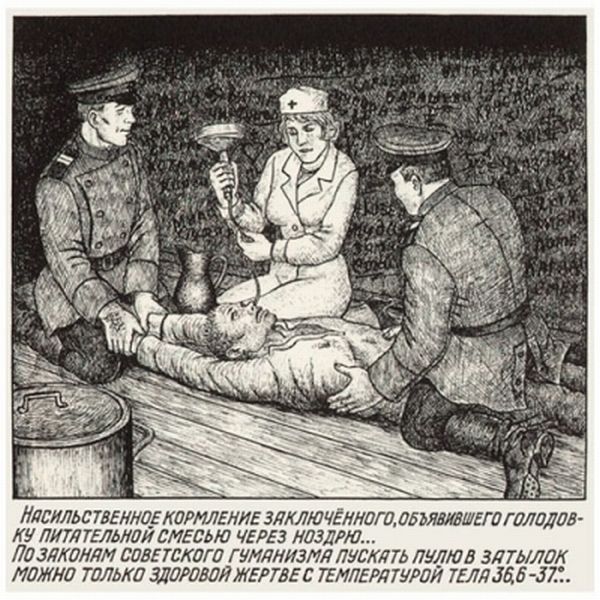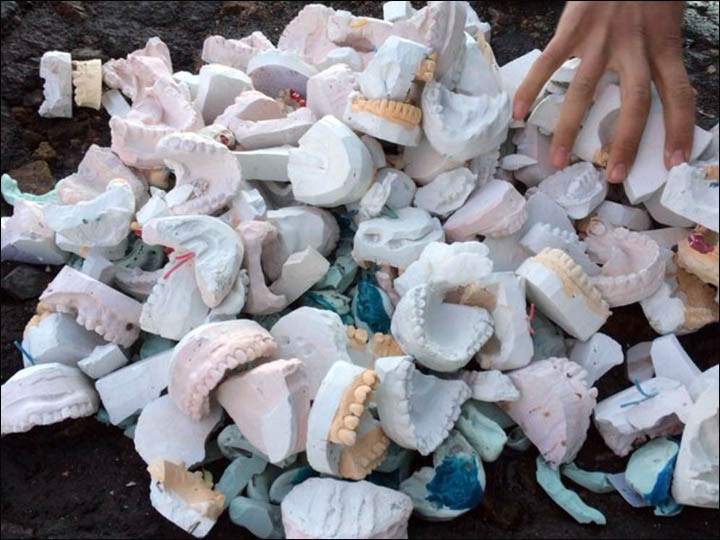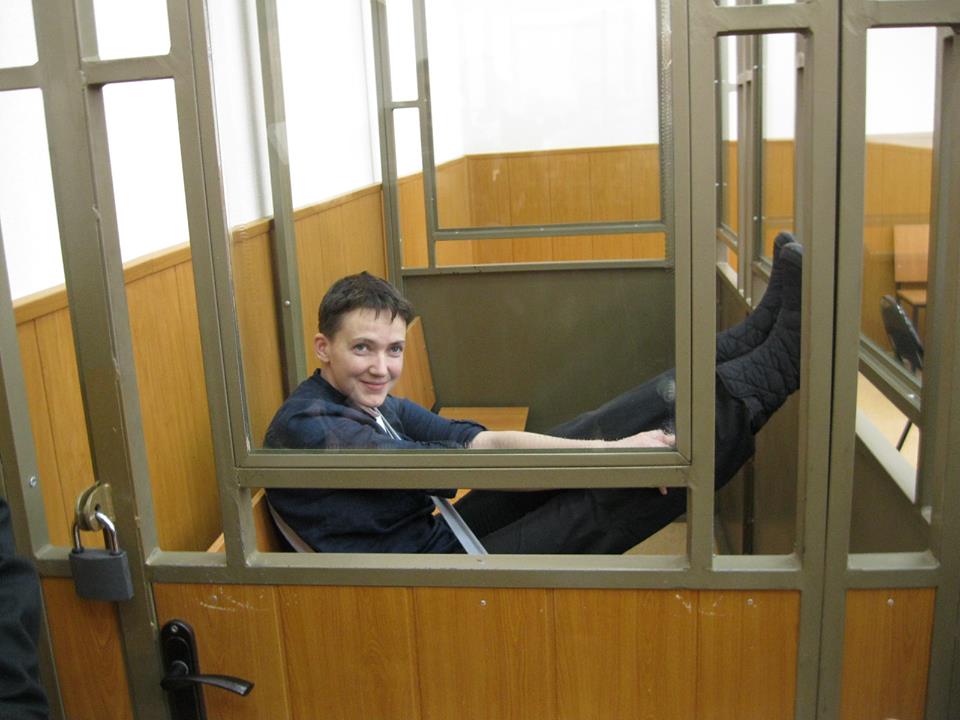
"I know the problem of hunger strikes very well. Two times I held one for more than 4 months, 112 and 114 days. However, occasionally we were force-fed. I refused food not because I didn't want to live or tried to defeat the Soviet rule (I knew that was impossible)! It was a form of self-protection of my individuality: either you preserve your stomach and, for some reason, your life in this crazy country called the "Soviet Union," or you react in some way and show them that you exist. Like, the whole civilized world is afraid of you, your rockets and bombs endanger everybody, but I, a weak, small, and defenseless person, can permit myself to do such a thing.
There were many one-day hunger strikes. With appeals to the Central Committee of the Communist Party, the Prosecutor, even the UN. Externally they were meaningless, without hopes for a result. But, in fact, meaningful. Salvific for all of us who were not ready to admit the obvious truth, to part with our human dignity and give our soul to the soviet devil. We paid with our health and additional anguish in the isolation wards. But only in this way could each of us save our identity in the realm of grinning, triumphant evil, the only way we could save their souls from desecration.
This was possible because we lived at the time of the softening of the totalitarian regime in the USSR after the second World War. At the times of the heaviest Soviet repressions of Stalin's time, under the NKVD penal system's absolute tyranny, protesting in any form was meaningless... But when I was imprisoned, in the late 1970s and early 1980s, both the political prisoners and usual prisoners of the camps and colonies resorted to hunger strikes.
The Western civilization also knows of the phenomenon of hunger strikes. The most vivid example was the story of the hunger strike of several imprisoned Irish republic army soldiers held in a British prison in the 1960s. They were arrested for participating in terrorist acts and anti-British separatism. Declaring a hunger strike with not legal but political demands, they condemned themselves to an inevitable, slow death. Unlike the totalitarian Soviet Union, any forceful medical intervention is prohibited in the UK if a person acts knowingly, willingly. British authorities tried to persuade the prisoners to stop the hunger strike, but did not force-feed them. Many of the protesters died.
Our soviet penitentiary history does not know of similar examples of non-interference in a person's will. The personnel's behaviour was predetermined by a special instruction signed by the Minister of health, chief of police, and Prosecutor General. Naturally, it was a secret instruction, and the political prisoners never saw it, but were force-fed starting from the tenth day of our hunger strikes. Twice I announced a hunger strike for four months at a time. I did so because I so wanted to live. I did not know another way to preserve my human dignity. When you refuse to partake food, you get handcuffed, a metal widener forces your teeth open, a rubber tube is inserted into your esophagus... and you begin to revive. It was not a replacement of food, but just a way to postpone the inevitable. Nadiya is receiving even less - the glucose injections are not a replacement of food in any way.

But this is not Nadiya's case. The Russian prison workers are afraid to feed her! You can have no doubt, they do everything they like with the regular Russian prisoners - there is torture, and force-feeding... But Nadiya became a well known figure thanks to their restraint from actions. From a regular young woman she became a symbol of freedom. She threatened in case of force-feeding to tear out the tube. They are afraid that there will be bruises, and broken teeth as a result of this resistance - everything that the West will call torture. I think that Putin has driven himself into a corner with Savchenko. She is on hunger strike for a very long time, and anything can happen.
I ended my hungerstrike because I started having great difficulties with thinking. It seemed that I am reading a book, but then I understood that I just look through a few lines and put it down... The most terrible harbinger of death, which I still remember with horror, was the coldness. I had a feeling as if my feet have gone cold from the inside and the bone marrow has frozen. As a physician, I felt the breath of death and ended the hunger strike.
Nadiya is a trained woman, a soldier. They were brought up with the knowledge that human life is significant, but not to the same extent as for a civilian. I just take my hat off before this woman..."





